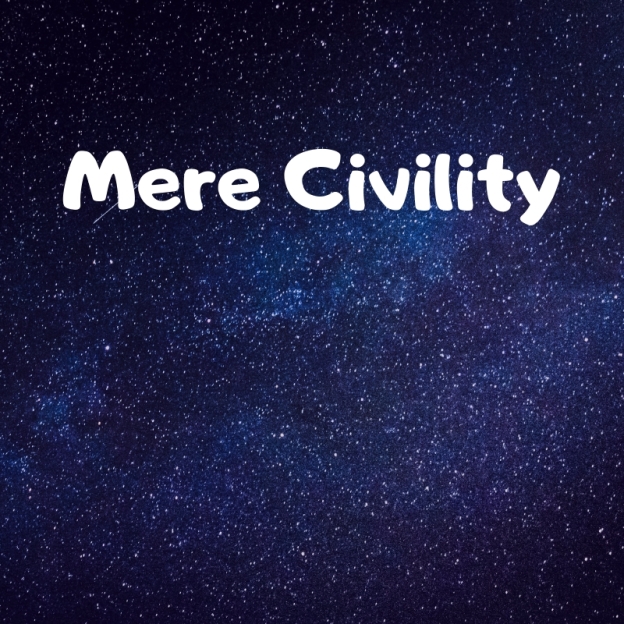This Friday I attended another ECET2 (Elevating and Celebrating Effective Teaching and Teachers). I have to admit these have been some of my favorite conferences. This year was Jen Sarravallo was the keynote speaker. Well she wasn’t exactly the keynote. It was a question and answer session with the legendary Barry Saide asking her the questions that were preselected from the crowd. I don’t know if this was because Barry wanted to get some stage time or because this was a nice twist on an opening keynote. Either way it was really cool.
There was one part of the interview/questions that was super interesting. Barry asked Jen why it was important for classroom libraries to reflect the broad range of students in the world even outside their class. It seemed like Jen struggled at first but then she told a story about how she was running professional learning and the teachers were balking at the idea of having diverse books. She then told them that her daughter would not have any books showing families like hers with two moms. I had not known that she was part of the LGBTQIA community and it was awesome watching her calmly state this fact in front of the crowd. I don’t know if everyone picked up on this. In fact, I later had a conversation with a teacher who watched the keynote and hadn’t picked up what Jen was putting down.
After the keynote I presented with the legendary Valeria Brown. The session was titled Community Building Through Movement. The session was not heavily attended. By not heavily I mean there were 7 people including Val and I. Two of the seven were people I had texted to make sure they would come. I personally don’t care how many people attend my sessions and it shows how teachers don’t value movement in their classroom enough to choose that session when there were other banging sessions at the same time. This brings me to a pet-peeve I have. Why don’t local conferences spread out the sessions a little more of people who present for a living or present at numerous national, state, and local conferences? Anyway if you are interested in the session slides click here.
The rest of the day was a blur. I went to Valeria’s session about creating equitable schools and was faced with the colorblind kindness individual. This person overtook the session with the idea that if we were just kind to each other schools would be more equitable. We didn’t have enough time to properly address this in the session. The bottom line is we can not undo 400 years of brutal treatment and the flourishing of America on the backs of black and brown people with simplistic idea that being kind will solve all our problems. We need to be explicit about who and what our students are as well as viewing what they bring into our schools and classes as being positive. In order to accomplish this we must understand that their identity matters and we as white teachers need to learn more about our students who don’t look and act like us.
I have to thank Barry and Glen for hosting and bringing in some fantastic people. It was a blast hanging out with Juli B and seeing some of old coworkers. I hope people understand how much work that Barry and his crew did in order to pull this off. If you have a chance you should check out ECET2 if they have one near you.

